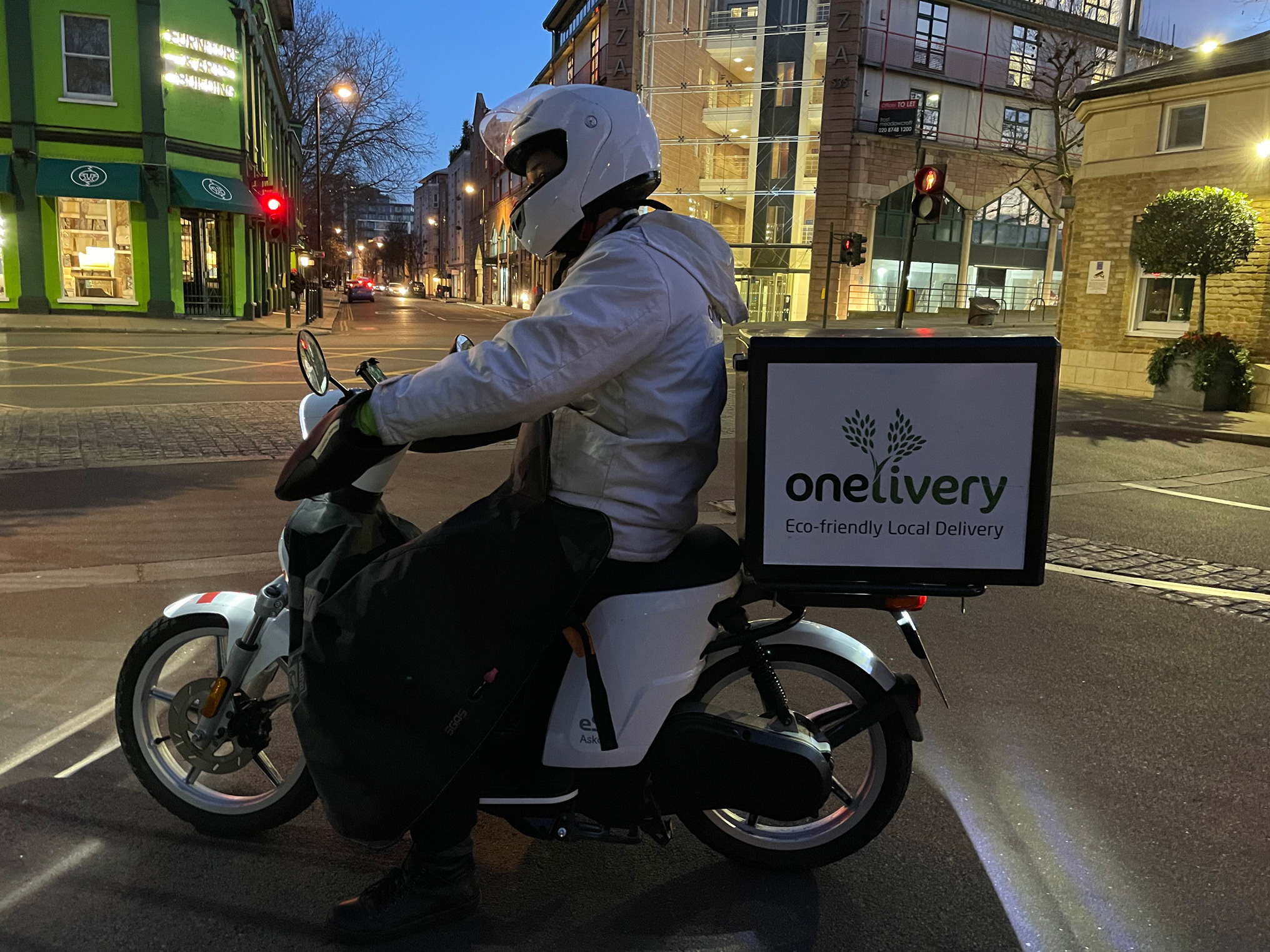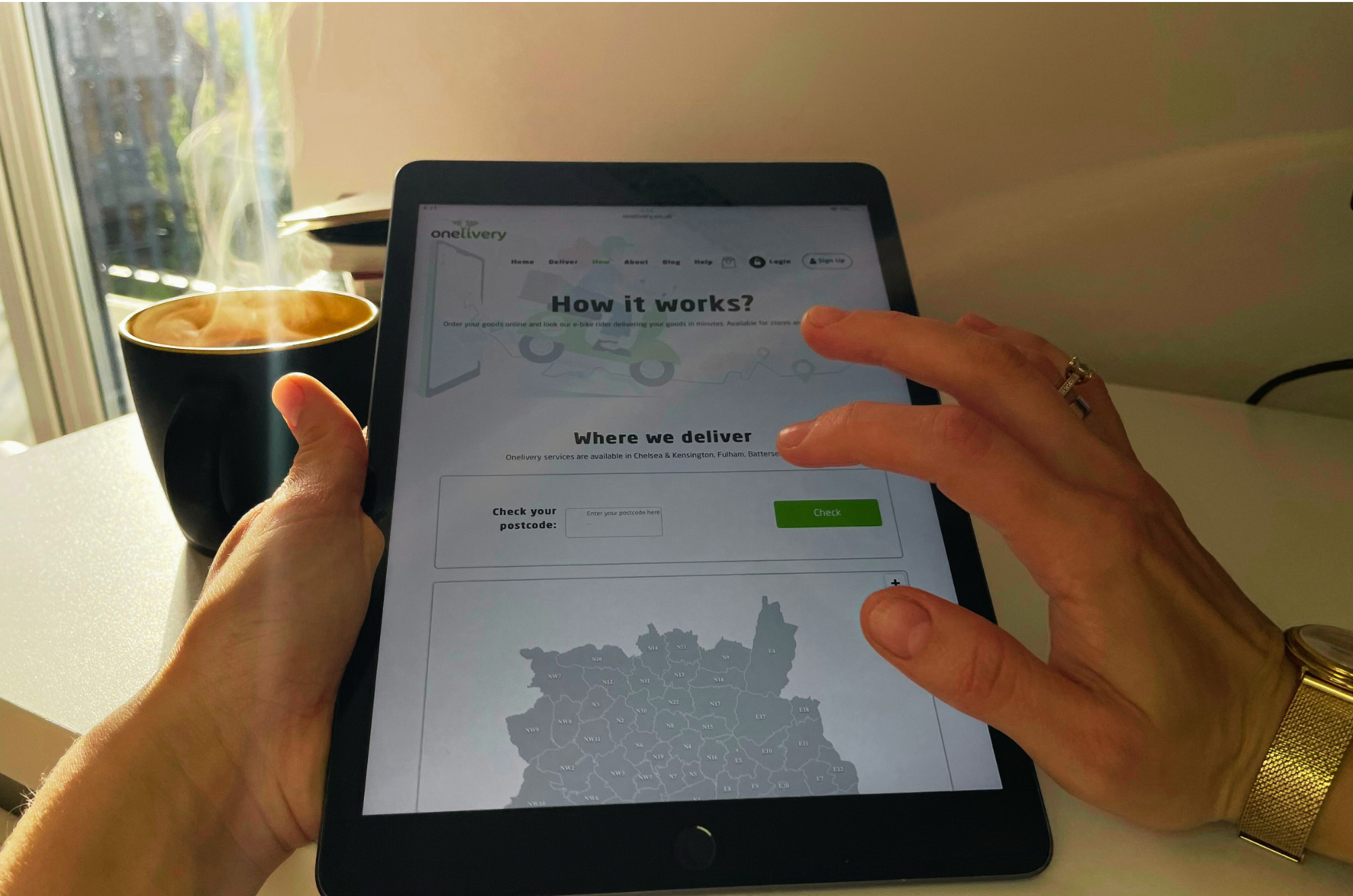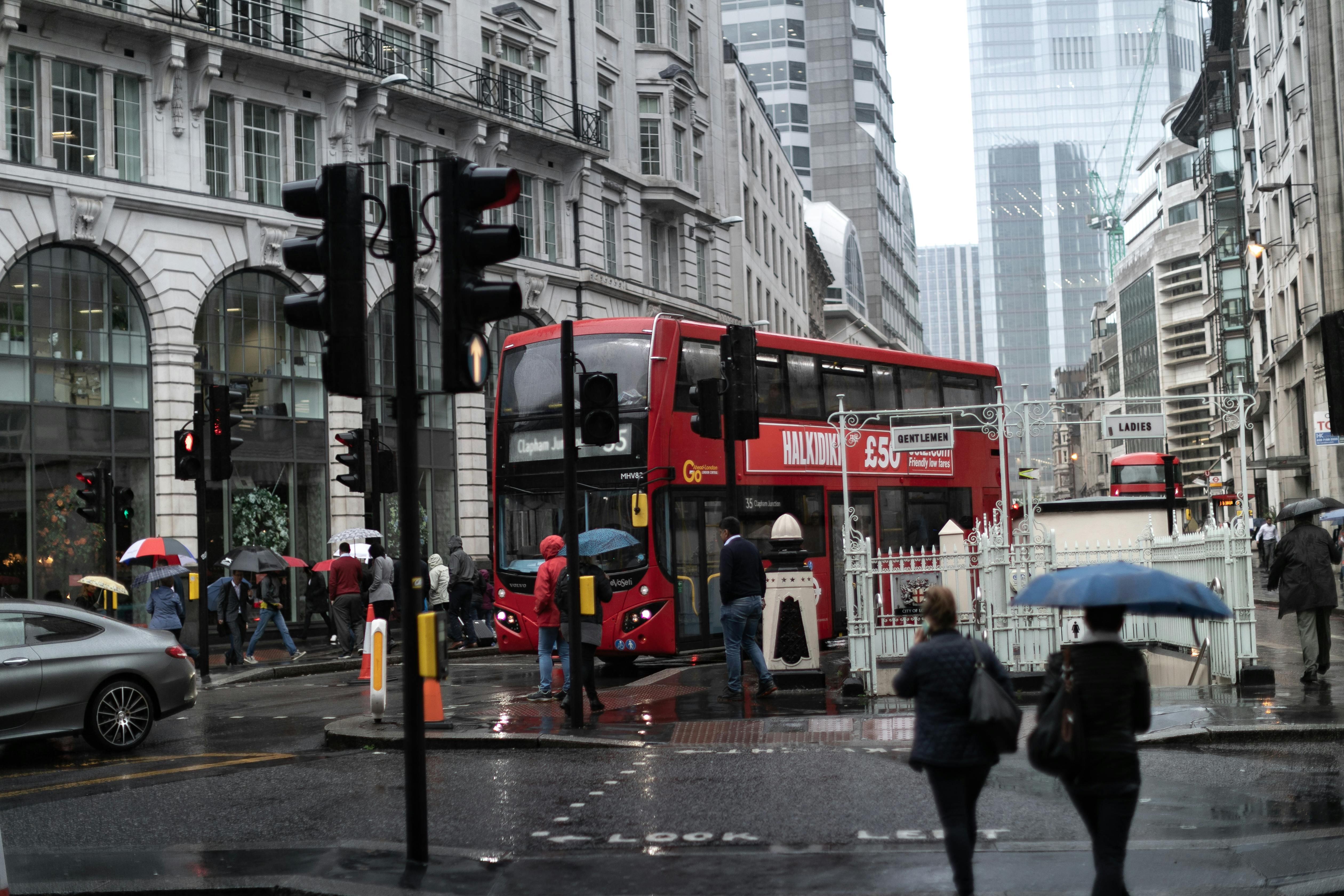Every day, thousands of prescriptions, medical supplies, and life-saving treatments need to reach patients across the UK. But with increasing congestion, rising emissions, and an overburdened NHS, the way these essential deliveries are made is more important than ever. Traditional delivery methods not only contribute to environmental harm but also risk delaying critical treatments. The question is: how can we ensure fast, reliable healthcare logistics while reducing our carbon footprint?
The Urgent Need for Greener Healthcare Deliveries
Healthcare logistics are a critical yet often overlooked part of the system. Every year, the NHS is responsible for approximately 5% of all UK road traffic, contributing significantly to congestion, pollution, and carbon emissions. Traditional delivery methods—often reliant on fossil fuel-powered vehicles—worsen air quality, which in turn exacerbates respiratory conditions, placing even more strain on an already overburdened health service.
The Real Cost of Inefficient Deliveries
✓Environmental Impact – The healthcare sector contributes over 20 million tonnes of CO2 emissions annually in the UK, with transport being a significant factor. Each unnecessary van trip adds to this carbon footprint.
✓Patient Well-being – Late or missed deliveries of prescriptions and medical supplies can have serious consequences. For example, a delay in insulin for a diabetic patient or chemotherapy medication for a cancer patient can severely impact their health outcomes.
✓Financial Strain on the NHS – With the NHS spending over £9 billion a year on supply chain logistics, inefficiencies in last-mile delivery drive up costs that could otherwise be spent on frontline patient care.
How Sustainable Last-Mile Solutions Make a Difference
Innovative delivery models are already proving that healthcare logistics can be both efficient and environmentally friendly. Here’s how:
Electric & Bicycle Deliveries – Zero-emission vehicles and cargo bikes significantly reduce carbon output while avoiding traffic congestion, leading to faster and cleaner deliveries.
Smart Route Optimisation – AI-powered delivery management ensures the shortest, most efficient routes, reducing unnecessary trips and fuel consumption.
Localised Fulfilment Centres – By strategically placing micro-fulfilment centres closer to high-demand areas, medical deliveries can be fulfilled faster and with fewer emissions.
Case Study: A Greener, Faster Future for Prescription Deliveries
Take the case of an elderly patient, Margaret, who relies on regular heart medication. Before switching to a sustainable delivery service, she frequently experienced delays due to van congestion. After her pharmacy partnered with a carbon-neutral courier, she not only received her medication 40% faster, but the service also eliminated an estimated 200kg of CO2 emissions annually—a small but significant step toward greener healthcare.
Onelivery: Delivering Health & Sustainability Hand in Hand
At Onelivery, we are transforming the way medical deliveries happen. By partnering with pharmacies and healthcare providers, we offer fast, reliable, and eco-friendly prescription delivery solutions. Our commitment to zero-emission vehicles, smart route planning, and dedicated healthcare logistics means better service for patients and a lower carbon footprint for the NHS.
Join us in making last-mile healthcare delivery smarter, faster, and greener. Because when it comes to patient care, every second—and every sustainable choice—matters.









